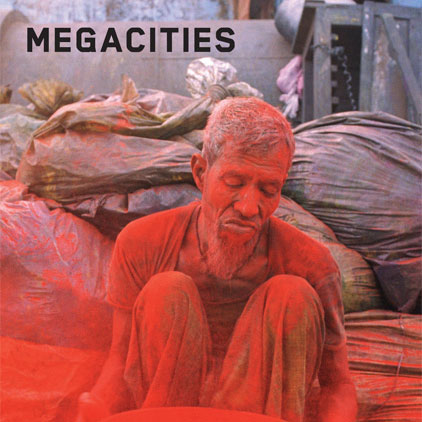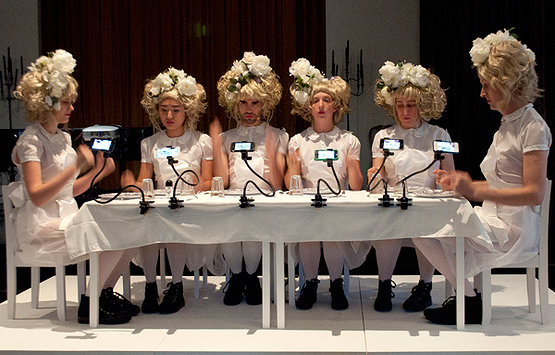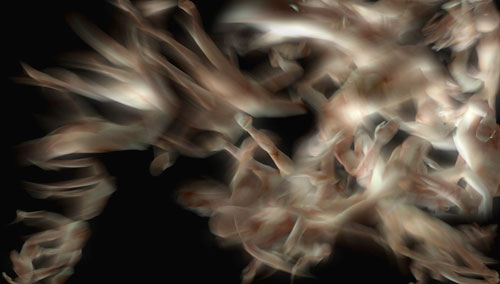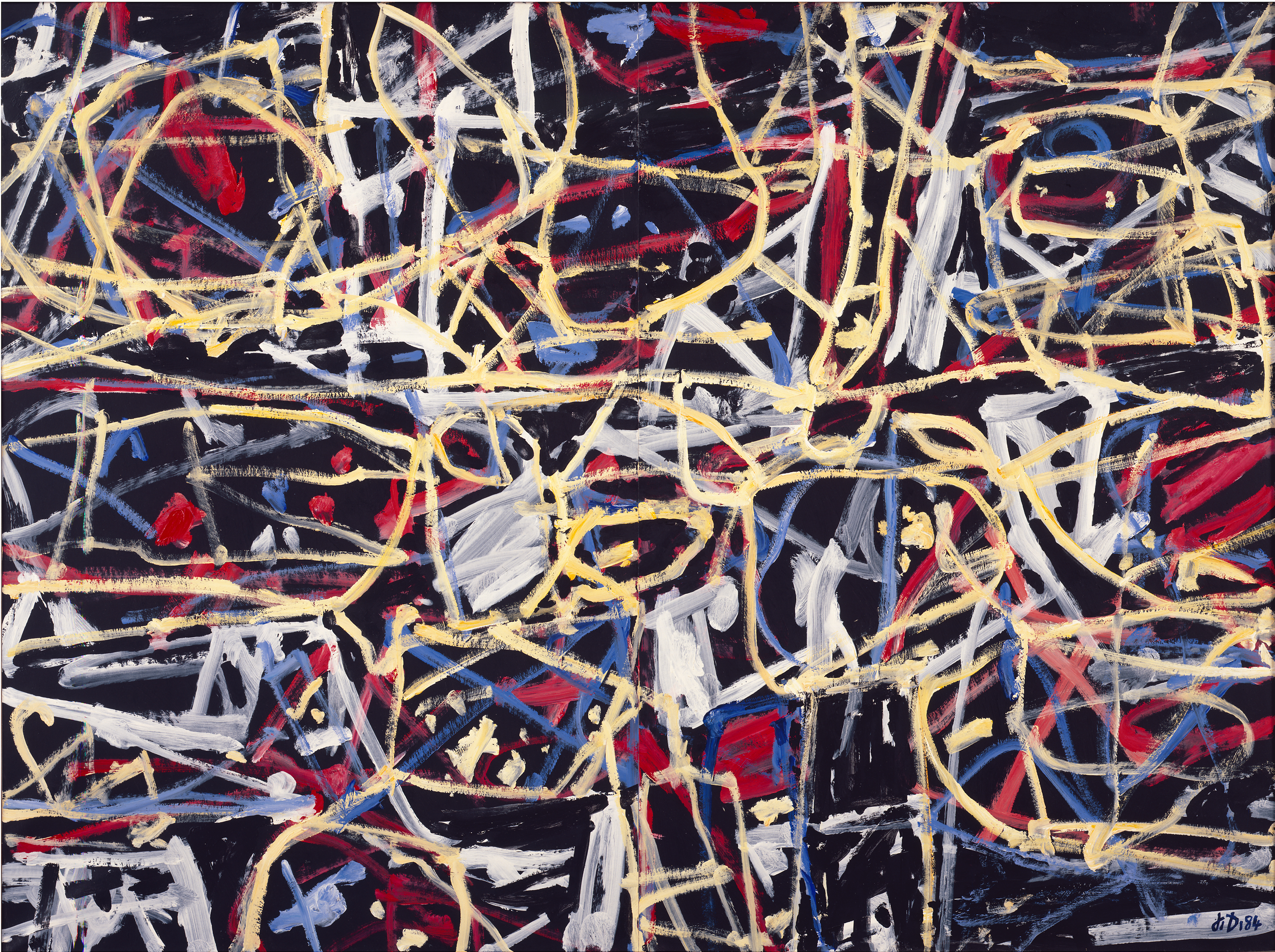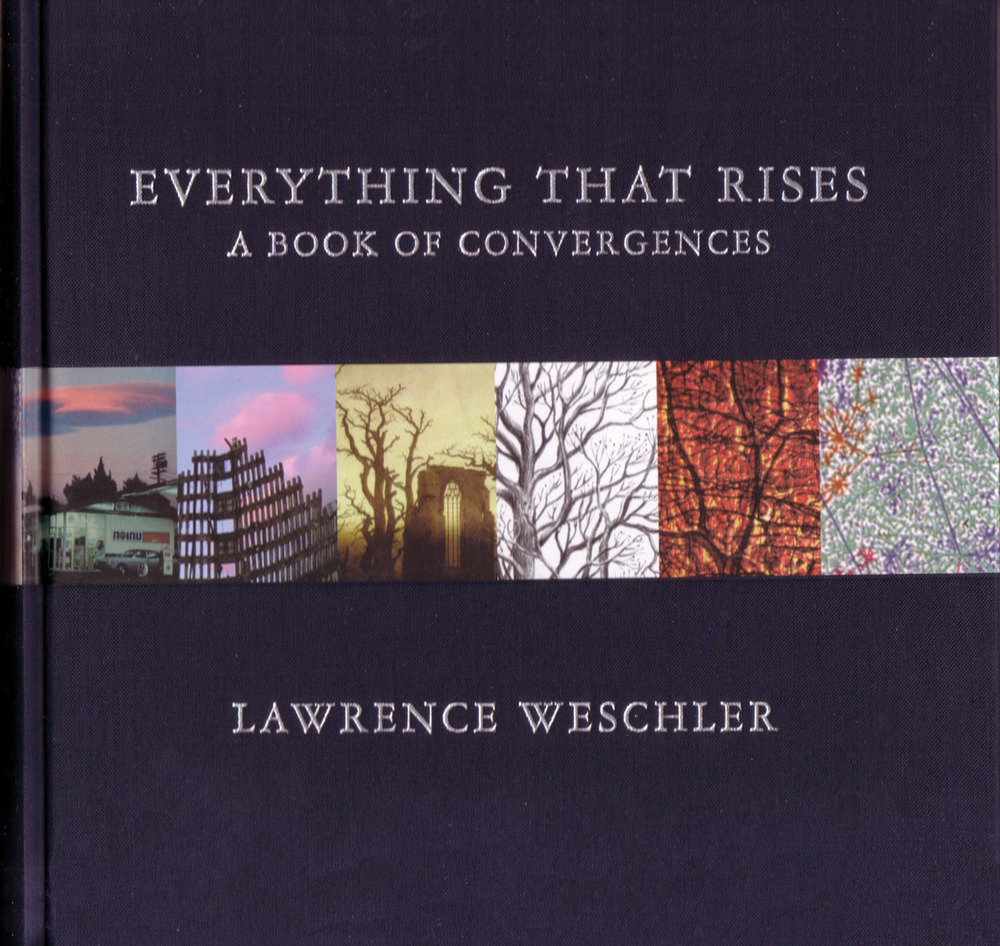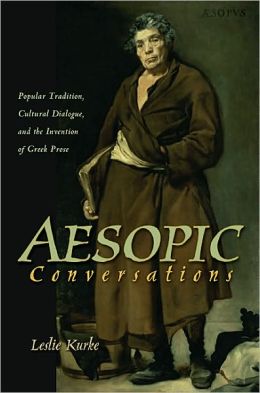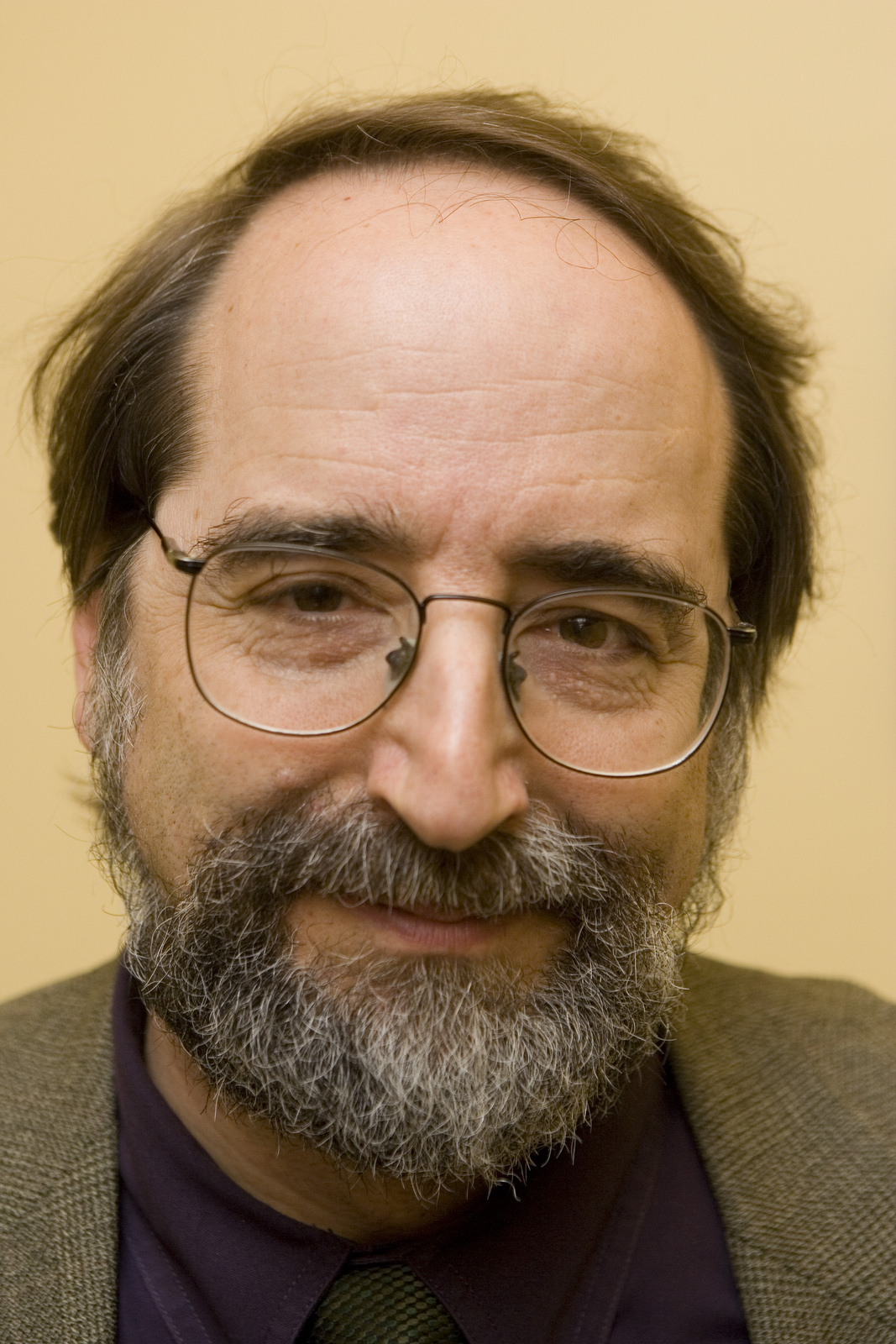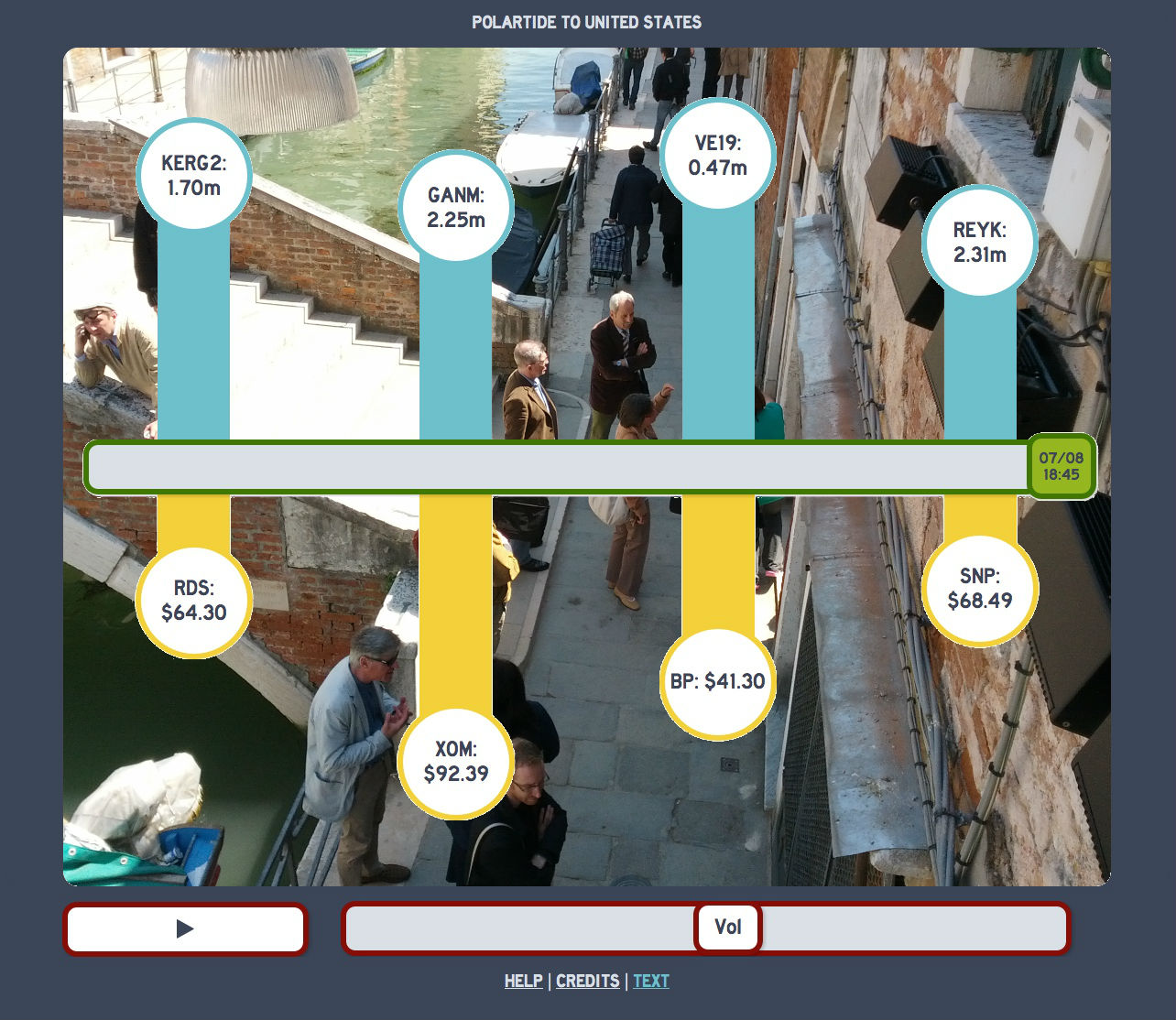Intermingling large street scenes with individual portraits of citizens from Mexico City, Mumbai, New York, and Moscow, this film exposes divergent forms of urban living and weaves a moving portrait of the effects of globalization.
Artist Claudia Hart in Conversation with Edmund Campion
Hart and Campion will discuss their sculptural opera, The Alice’s Walking, which premiers in March 2014 at the Eyebeam Center in NYC.
Installation by Kurt Hentschläger
CLUSTER is a multi-channel sound/video installation investigating human perception and the impact of new technologies on both individual and collective consciousness.
Modern Art at the Border of Mind and Brain: Desire Lines in the Mind
Jonathan Fineberg is professor emeritus of art history at the University of Illinois. His lecture will set out an argument for the evolutionary necessity of art and discuss the effects of art on the brain.
A Typology of Convergences: Towards a Unified Field Theory of Cultural Transmission
In his second Avenali lecture, Lawrence Weschler will consider a spectrum of convergent effects, including apophenia (the tendency of humans to see patterns where none exist), homage, quotation, cryptomnesia (verbatim appropriation without realizing you’re doing so), and even outright plagiarism.
Aesopic Conversations: Popular Tradition, Cultural Dialogue, and the Invention of Greek Prose
Delving into Aesop, his adventures, and his crafting of fables, Professor of Classics and Comparative Literature Leslie Kurke’s Aesopic Conversations shows how this noncanonical figure was unexpectedly central to the construction of ancient Greek literature.
In the first of two Avenali lectures, Weschler will explore the connection between art and science, focusing on the thinking of artists Robert Irwin and David Hockney, and offering a fresh consideration of Rembrandt's Anatomy Lesson.
Created for the Maldives Pavilion at the 2013 Venice Biennale, “Polartide” turns the fluctuating data sets of sea levels and oil company stock valuations into digitized tones, inviting participants to reflect on the growing threat of global climate change in a new way. Join us for an interactive performance of “Polartide” at the Sather Tower carillon, followed by discussion in the Geballe Room.
Didier Fassin (Institute for Advanced Study) will discuss his book Humanitarian Reason: A Moral History of the Present (UC Press, 2011) with UC Berkeley faculty.
Professor of Music Nicholas Mathew’s recent book explores Beethoven's music as an active participant in political life from the Napoleonic Wars to the present day.
